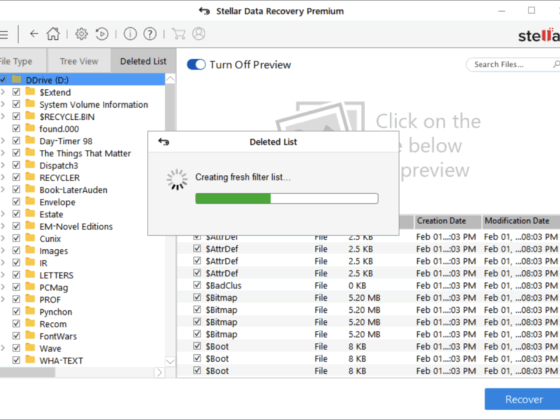
When approaching how to adopt emerging technologies to improve your business, you’ll find no shortage of buzzy terms and trends in articles telling you what you need to do. Microtargeting algorithms, eCRM platforms, newsletter automation, the list goes on. What is often forgotten when discussing these emerging technologies is the underpinning motivation behind their development – personalization.
There is little doubt that the pivot towards truly bespoke customer experiences has been the primary driver of change in our consumer economy over the past decade. Today, companies of all sizes and industries will have some component of their sales, marketing, and UX strategy devoted to providing a truly personalized experience for each and every customer, often by using data analytics and some element of automation.
But how does this personalization actually work in practice? Let’s take a closer look at some of the most successful examples of personalization technology today.
Amazon Product Recommendation
There are a lot of reasons why Amazon has risen through the ranks to become the largest and most successful private company in the world. The same-day delivery, competitive price points, and staggering range of inventory all play a part here, but that’s not the full story. In fact, it is Amazon’s product recommendation algorithm, which uses customer data to provide genuinely meaningful suggestions, which has proven key to long-term customer retention.
Instead of offering generic product recommendations (i.e., recommending another TV because you have just purchased a TV), the closely-guarded Amazon product algorithm uses deep insights to recommend a truly complementary range of products. It builds a profile of who you are as a consumer, using this profile to predict what each customer actually wants, often with startling accuracy.
Spotify Personalized Playlists
Spotify has beaten the intense competition to become one of the world’s premier music streaming services and a platform that holds more sway over the music industry than virtually any other tech company around. Part of Spotify’s meteoric success can be attributed to its automation algorithms, which build on user data to put together bespoke playlists and music recommendations that are 100% unique to each individual listener.
In fact, this feature has proven so successful at attracting and retaining customers that Spotify recently decided to go further by rolling out the Only You Hub. This feature allows any user to explore a wide range of bespoke music products, including daily mixes, party playlists, and even music that Spotify thinks will help you study or work better. This is next-level personalization.
Tailored Casino Discounts & Bonuses
The advantages of product personalization also include attracting new customers, not just retaining existing ones. One particular industry that understands this better than most is the multi-billion-dollar online casino industry, which has grown exponentially in recent years thanks partly to a willingness to embrace emerging technologies early on. One way that top casinos are fighting to attract new customers is with tailored discounts and welcome bonuses that attempt to offer new customers exactly what they want.
As this list of no deposit bonus codes demonstrates, some users might be tempted by free spins on a slot machine, while others might prefer some free gamer credit that they can use to play their favorite poker games. The point is that players can find a bonus that gives them the kind of freebie they are actually looking for and will want to use.
Personalized Newsletters at EasyJet
There has been a major push towards developing truly personalized and automated email newsletters in recent years, as it has become increasingly clear just how effective these are for customer engagement. One company that has proven to be a true pioneer in this regard is the European budget airline EasyJet. The company first pivoted towards personalized email communications in 2017, to mark the 20th anniversary of the airline.
With this campaign, the company used customer data to present a profile of that customer’s travel history, showing every recipient where they have been and who they went with throughout the past 20 years. The campaign was a massive success, with EasyJet reporting a click-rate increase of more than 100%. Since then, bespoke and emotionally charged newsletters are a mainstay of the company’s marketing arsenal.
These are some of the ways that the world’s most profitable companies are using technology to drive forward customer personalization. No matter what size your company is, you can be inspired by these innovative ideas.







